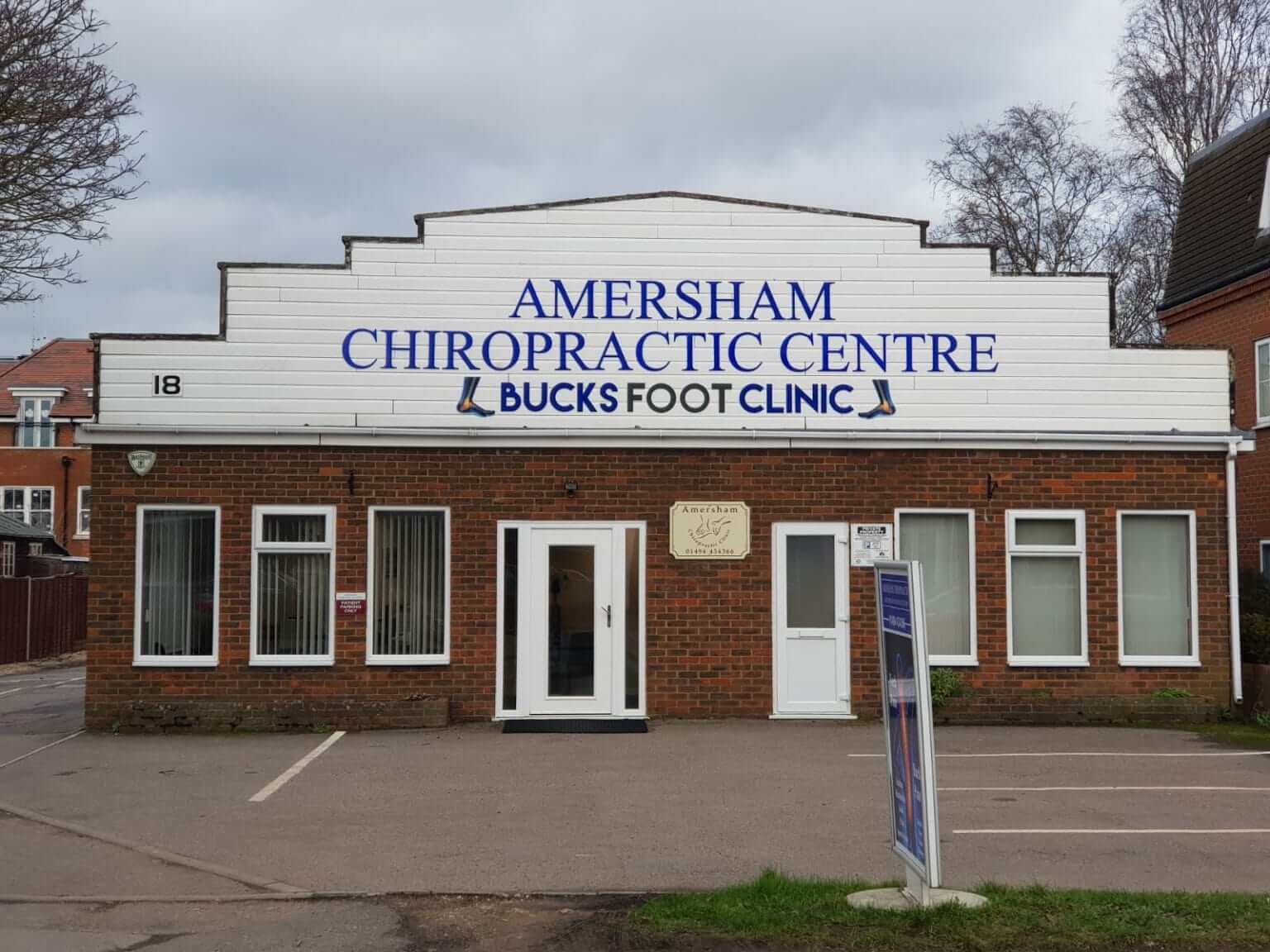
Verrucas are a very common issue many people from all walks of life face. Though they are so common, there are still many questions surrounding verrucas. No question is too silly when it comes to your health, and this is precisely why we’ve compiled a list of frequently asked questions to help you understand verruca infections better!
What Is A Verruca Infection?
Verrucae (yes, you read right, the plural of Verruca is Verrucae) are a type of wart that develop on your feet. This type of wart is specific to the feet and is surprisingly common. Verruca infections are usually harmless, and so many people aren’t even aware of their existence. You can either have a single verruca that develops on your foot, or you can also have a cluster of verrucae that covers a greater area on your foot.
Verruca infections are a result of a viral infection called the Human Papilloma Virus, or HPV for short. There are so many types of HPV, but in particular HPV 1, 2, and 4 are the subtypes that are most likely to lead to verrucae development.
Do I Have A Verruca or a Corn?
This question is an age-old one. Almost everyone asks this, because it is very easy to confuse a verruca for a corn. They are vastly different, however.
Most verrucae have black dots in their center, but some don’t, which leads people to mistake them for corns and allow them to grow. Verrucae are known to push the papillary lines on the foot, while corns do not do this.
Normally, verrucae are painful when pinched but not when pressed, while corns are the opposite.
To know more about how you can spot the differences between corns and verrucas, read this article.
Is A Verruca A Sore?
As mentioned earlier, verruca infections are caused by the Human Papilloma Virus (HPV). There are lots of old wive’s tales surrounding the causes of verrucae, and the most common one is “swimming pools cause verrucae”. Though this is true, it needs a little more context. Swimming pools themselves do not cause the verruca infection, but since verrucae are highly contagious, it’s very easy to develop verrucae from being in the same swimming pool with someone who is affected.
Cross-infection is very common, and if you have a verruca and you’re walking around barefoot, you’ll probably infect the next barefoot person to walk on the same floor. You can also catch it by direct contact with another person’s verruca. In fact, you can even be contagious to yourself. If you have a verruca, and you touch it and then touch other parts of your body, you’re likely to spread the verruca infection.
Am I Susceptible To Verruca Infections?
This is a very subjective question. Everyone’s immune system is different, so some people may run the risk of developing verrucae while others don’t. You do, however, run the risk of getting verruca infections if you don’t partake in foot hygiene and take certain preventative measures.
How Can I Prevent Verrucae?
Verrucae are super common and are nothing to be ashamed of! Most people have developed a verruca infection at least once in their lives. You can follow these measures to reduce your risk of verruca infections:
- Try not to walk barefoot, especially in areas where other people walk barefoot.
- Don’t swim with a person who has a verruca infection.
- Try not to share yoga mats and clothing items.
- Avoid touching warts, be it your own or someone else’s.
- If you have to touch someone’s wart (or your own), make sure to thoroughly wash your hands after.
- Do not share footwear with anyone.
- Don’t try on shoes in shops without wearing socks first.
What Can I Do For Verruca Treatment?
In most cases, verrucae go away on their own. They can be an eyesore, however, which is why many people opt for verruca treatment. If you want to wait it out, you can, but this entails almost waiting for a couple of years. Verrucae take a long time to go away. If you want to opt for verruca treatment, we can help you at Bucks Foot Clinic. We’ll be able to diagnose your verruca and discuss treatment options, both clinical and home-based!
Are There Any Home Remedies For Verruca Infections?
There are a few ways you can go about treating your verruca at home. When it comes to OTC (over-the-counter) remedies, it’s been evident that salicylic acid-based verruca treatments tend to work effectively. Over-the-counter remedies only work half the time, though, and you also run the risk of damaging the skin around your verruca.
If you have conditions like diabetes, poor circulation, or diminished sensation in your feet, DO NOT self-treat your verrucae. This could actually be disastrous. We can’t stress on this enough, but never EVER attempt any form of “home surgery”. You WILL put yourself at risk for further infection.
If you have a verruca and you’re concerned or simply find it to be an eyesore, visit a podiatrist. You can book an appointment with Bucks Foot Clinic for all your verruca treatment needs.
My Child Has A Verruca – Will Verruca Treatment Differ?
If you’re a parent and your child has a verruca, don’t worry! Book an appointment with us and our experienced podiatrists will be able to modify verruca treatments to be suitable and comfortable for your child.
Will My Verruca Infection Go Away On Its Own?
Verrucae tend to go away with time, but you have to have a lot of patience. Some verrucae are adamant and stick around for even a couple of years. Most of our clients seek verruca treatment because their verrucas are either an eyesore, or are super uncomfortable. They can hurt, itch, cause rubbing, and spread to other parts of your foot.
Just like with any other lesion on your foot, verrucae can make it hard for you to walk. In fact, you may adjust the way you walk in order to avoid the sore area, and this can lead to an alteration of your gait which causes aches and pains in other parts of your feet and legs.
So, though verrucae go away with time, it’ll do you good to visit a podiatrist and nip them in the bud before they get too uncomfortable and change your lifestyle.
Conclusion
If you find yourself suffering from verruca infections or any other foot-related issues, don’t hesitate and wait till it’s too late. Book an appointment at Buck Foot Clinic and we’ll be able to offer you the best treatment for all your foot-related issues!
Please call us on 0800 107 3290 / 077 99 122 099 Or contact us now
